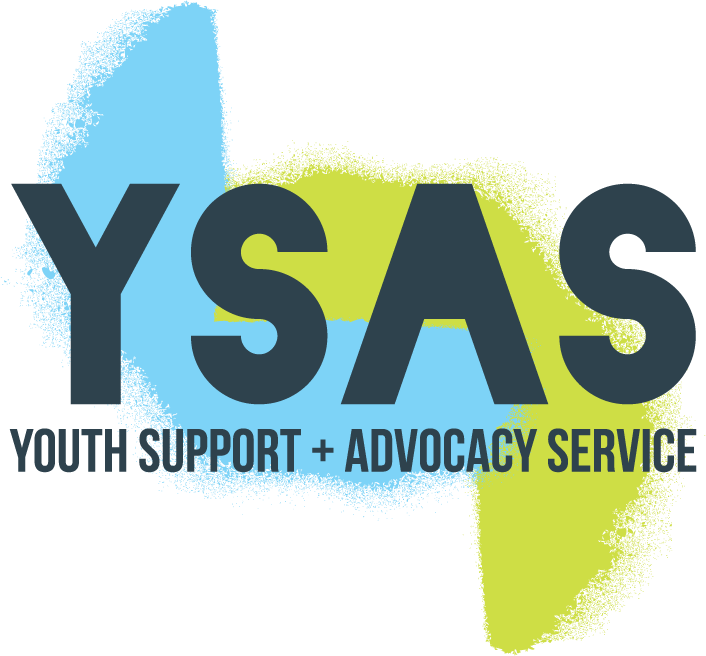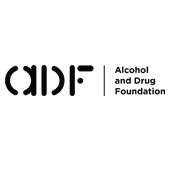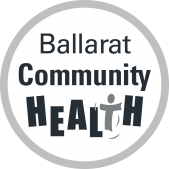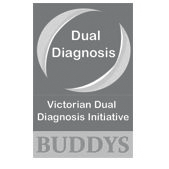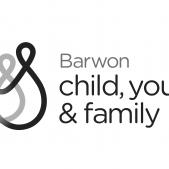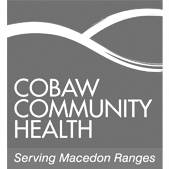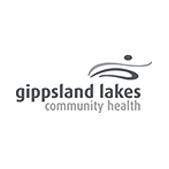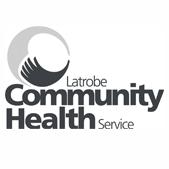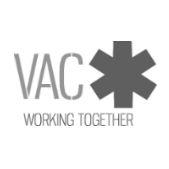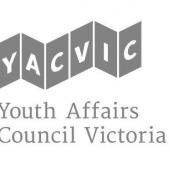Has a problem
Before Services get involved - Waiting vs Preparation
Helping a Young person through their drug use can be a long, exhausting journey for families. If a young person finds themselves feeling ready to change, it can frustrating to find there are waiting times for services.
If families feel that they are in limbo while they wait for available service response, a shift in focus can help. Seeing this time as preparation time rather than waiting can alleviate feelings of powerlessness and help the young person feel supported and ready for admission into a program or assessment by a worker.
As a Parent, you may have experienced intense grief and anger at how you have seen your young person change. You may have felt frustrated at their lack of concern for how their drug use or behaviour has affected yourself or the family. You may not trust them or believe that they will do what they say. You may have lost hope or begun to neglect yourself or other family members. Each family’s journey is unique and yet, if you are able to continue building on or repairing your relationship with your Young Person, rather than focusing on the substance use, you are half way there.
Families play a vital role in a Young Persons recovery process. Families can start by ensuring the home is a safe and positive influence for the Young Person. Does the family believe the young person is strong and capable of change? Young people should know that regardless of the outcome, they are accepted, valued and their decisions will be respected.
This time can be an opportunity for you to engage in self help supports, phone and online counselling, install Apps on phones and have a look at Understanding how to help – YoDAA Website for Family and Carers. Keep your Young Person busy and suggest activities that strengthen social supports, plan visits with caring Uncles or Aunts and encourage new hobbies
Do not press for promises or commitment. It is natural for Young people to still remain a little ambivalent at this stage and they may continue using until they start getting more support. They may not want to talk with you about it at all. Focus on their strengths, their courage and your belief in them and try to go a day without mentioning their substance use.
Avoid conversations that imply the Young Person has been making the wrong decisions. Using fear or shame is generally not an effective motivator, nor is offering rewards for good behaviour. This is a good time to polish your communication skills and reframe the past by contemplating what has been learned by your family’s journey. Consider trying to only offer positive comments or encouragement that reflect your belief in their capacity to learn and change. Try it for a day- Despite their behaviour or whether they use or not!
Give them space and don’t offer heaps of information unless they ask for it.
Look at the family system. Is each member looking after themselves? When was the last time everyone had fun together or went out to do something? Have a look at our Self care article.
What is your role when services get involved? Will you be involved in treatment? Will services solve the problem? What information will they need?
Finally, give yourself some credit. You have gotten this far - you are doing great. Be kind to yourself.




